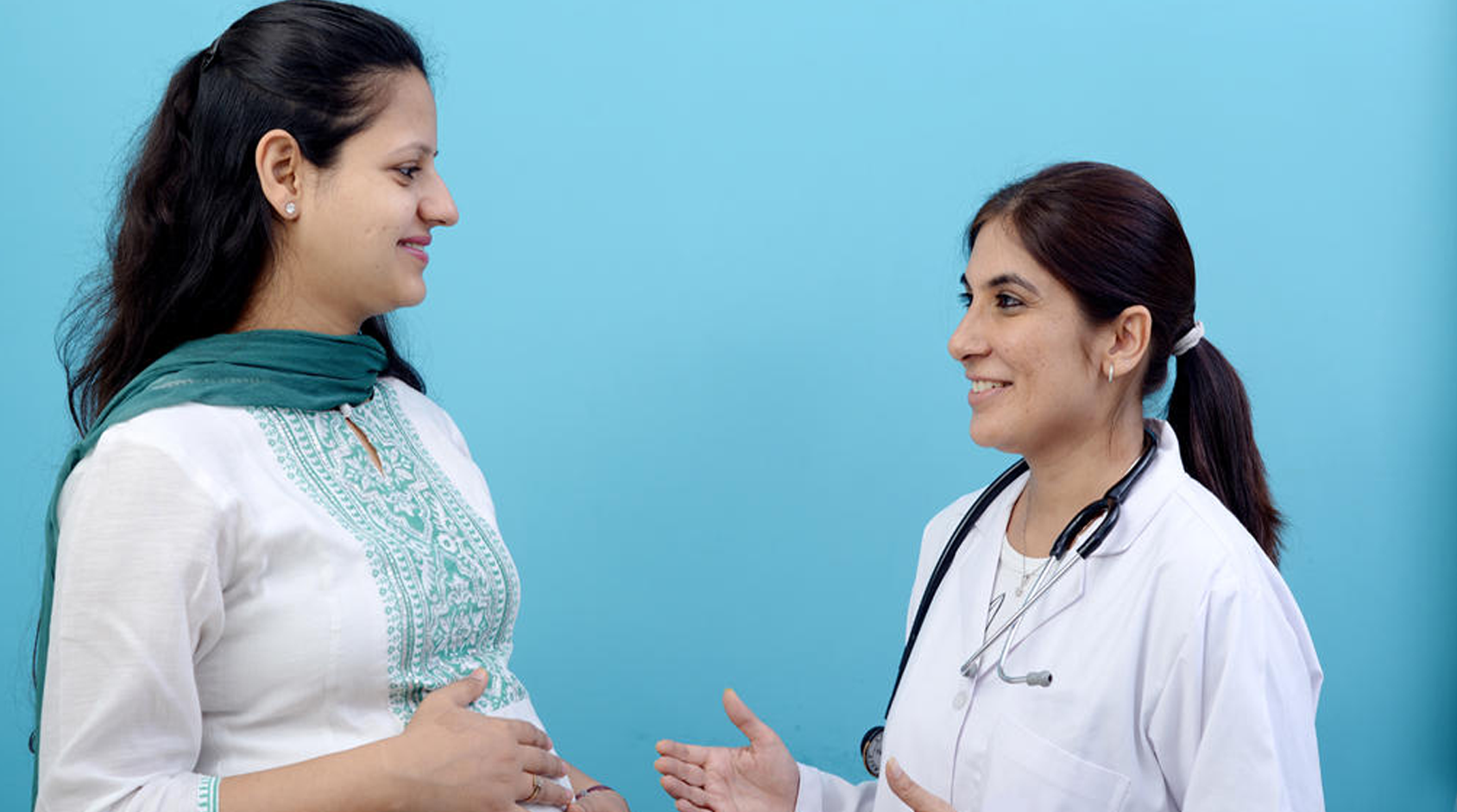
Pregnancy is the period during which a woman carries a developing fetus in her womb. It is a complex process that involves a series of physical and emotional changes, as well as a number of medical considerations. Pregnancy typically lasts for 40 weeks, or 9 months, and is divided into three trimesters.
During the first trimester, which lasts from weeks 1 to 12, the fertilized egg implants itself in the lining of the uterus, and begins to develop into an embryo. During this time, a woman may experience symptoms such as nausea, fatigue, and breast tenderness. Prenatal care during the first trimester typically involves confirmation of pregnancy, screening for genetic abnormalities, and monitoring of basic health markers such as blood pressure and weight.
The second trimester, which lasts from weeks 13 to 28, is often considered the most comfortable period of pregnancy. By this time, the fetus has developed into a recognizable human form, with distinct facial features, limbs, and internal organs. During this time, a woman may experience less nausea, but may begin to feel fetal movements and notice an increase in appetite. Prenatal care during the second trimester typically involves screening for gestational diabetes, monitoring fetal growth and development, and providing education on childbirth and newborn care.
The third trimester, which lasts from weeks 29 to 40, is often the most challenging period of pregnancy. By this time, the fetus is fully developed and is preparing for birth. During this time, a woman may experience symptoms such as back pain, fatigue, and difficulty sleeping. Prenatal care during the third trimester typically involves monitoring for signs of preterm labor, preparing for childbirth, and screening for conditions such as preeclampsia and fetal distress.
Prenatal care is an important aspect of a healthy pregnancy. It involves regular checkups with a healthcare provider, such as an obstetrician or midwife, to monitor the health of both the mother and the developing fetus. Prenatal care typically includes physical exams, blood tests, ultrasounds, and other diagnostic tests to ensure that the pregnancy is progressing normally and that the developing fetus is healthy.
During pregnancy, a woman's body undergoes a number of physical changes to accommodate the growing fetus. These changes can include weight gain, changes in posture, and an increase in blood volume. Women may also experience changes in their skin, hair, and nails, as well as changes in their metabolism and immune system. It's important for women to maintain a healthy lifestyle during pregnancy, including regular exercise, a balanced diet, and avoidance of alcohol, tobacco, and other harmful substances.
Childbirth is the culmination of the pregnancy process, and can occur either vaginally or via a cesarean section (C-section). During childbirth, a woman may experience contractions, which are strong, rhythmic uterine contractions that help to push the fetus through the birth canal. Pain management options, such as epidural anesthesia, may be available to help manage the discomfort of childbirth.
After childbirth, a woman enters the postpartum period, which lasts for several weeks to several months. During this time, the body undergoes a number of changes as it recovers from pregnancy and childbirth. Breastfeeding, if desired, can also play an important role in postpartum recovery and in promoting the health of the newborn.
In conclusion, pregnancy is a complex process that involves a number of physical, emotional, and medical considerations. Prenatal care, including regular checkups with a healthcare provider, is an important aspect of a healthy pregnancy. Childbirth can occur vaginally or via C-section, and may be managed with pain management options.